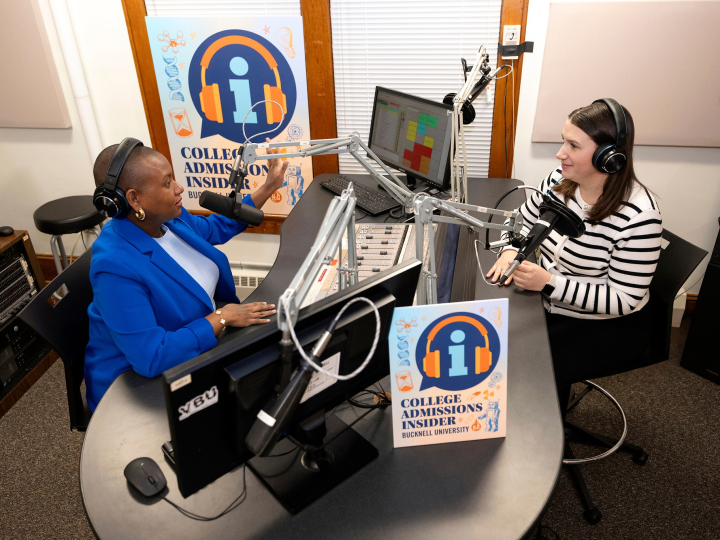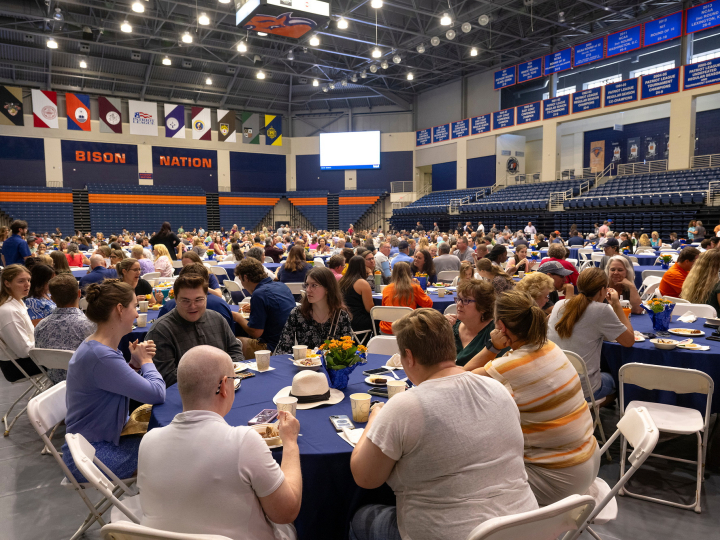What Were the Good Old Days?
April 16, 2016
Youngsters growing up in the 1940s enjoyed simple pleasures
"We're not getting older; we are acquiring wisdom!" Yes, we seniors take that as our battle cry, but what was life really like for those of us who were raised 50 to 70 years ago?
Let's take a look at the "good old days" — before most families had a television or anything electronic.
In the mid-1940s, I began receiving an allowance for chores I performed, and I also had a newspaper route. What was my allowance and how much was I paid per paper delivered? The answers are five cents and one cent. The allowance of five cents wasn't all that bad — it allowed me to buy penny candy five times a week. And the newspaper? It sold for only four cents, so a penny to the delivery boy was fair. (Oh, that job also meant going to each home once a week to collect the money; any no-pays came out of my income.)
By the 1940s something "electrifying" happened in most homes: The electric refrigerator replaced the old icebox, meaning no more iceman. And frozen foods? Pioneered by Clarence Birdseye, who gave us frozen peas and beans (no frozen pizza yet), they were first offered in stores in 1930 but weren't prevalent until after World War II.
Yes, life was simple, and no nonsense was allowed. Here are some Rules of Living that were imposed on us, mostly by our mothers.
- Keep crying, and I'll give you something to cry about.
- If you're going to kill each other, do it outside — I just finished cleaning.
- Because I said so, that's why.
- Make sure you wear clean underwear in case you're in an accident.
- One day I hope you'll be married and have kids who will then sass you back.
- You sit there until all that spinach is gone.
- (related to No. 6) Do you know that there are starving children in (Armenia, China, pick one) who would be happy to eat that food?
Then there was the belt that dad used to administer "a lesson." The high- school assistant principal also used a belt to maintain discipline. In the Catholic schools a ruler was used to rap knuckles, and a yardstick would often be applied to troublesome boys.
There were no school buses for many of us. My wife (who lived in a big city) took two buses and a streetcar, twice a day. Fortunately, they all ran on time. In the summer, we played ball in a vacant field - no uniforms, no leagues or clubhouses. When a bat broke we taped it with black electric tape (the only kind in those days), and when a baseball started to fray, we patched it with the same black tape. If you had a football or basketball, you held onto it until you were grown.
Saturdays, in those days, were reserved for chores. The chores ended — if you were lucky — at lunchtime. They included beating a rug, mowing the lawn, raking leaves, dusting furniture and washing the car (the term "car wash" simply meant you, not a business).
After Saturday lunch, there was time to go to the movies. For as little as 10 cents, you could watch a cartoon (Bug Bunny was a staple), plus a double feature. Usually one of the two was a Western — Tom Mix, the Cisco Kid, you name it.
Saturday also was a day set aside for family shopping, which took place "downtown" — the idea of a mall was unheard of. Your mother escorted you to a clothing store or a shoe store, where you were waited on (waited on!) by a member of the owner's family. These were not frequent trips; expenditures were limited to "sensible" winter or summer clothing. And no stopping at a fast-food place (they didn't exist). Halloween was a serious venture. Going door to door provided you with a storehouse of candy for weeks — giving you a break from using that nickel of yours to buy candy.
Sunday was relatively calm, and that meant no roughhousing in good clothes. A family outing was often involved, usually to visit nearby relatives. (Grandpa and grandma typically lived close to you.) Mother would, without fail, remind us to "talk nicely" and "behave well." Our parents wore their "Sunday best," and that meant a dad and mom wore hats. Not many cars had automatic transmissions, so dad was occupied with shifting gears. Usually, the lever was on the steering column, rather than mounted on the floorboard.
So there you have it. My generation survived World War II and all that has followed. But our style and taste has remained simple: We can still be quite happy with a good radio program and a peanut-butter-and-jelly sandwich.
Want to hear more? Corral a senior — you'll get an earful!
Alan Raynor '53 lives in Lake Orion, Mich., and devotes his time to artistic sculpture, after a lifelong career as a salesman.

